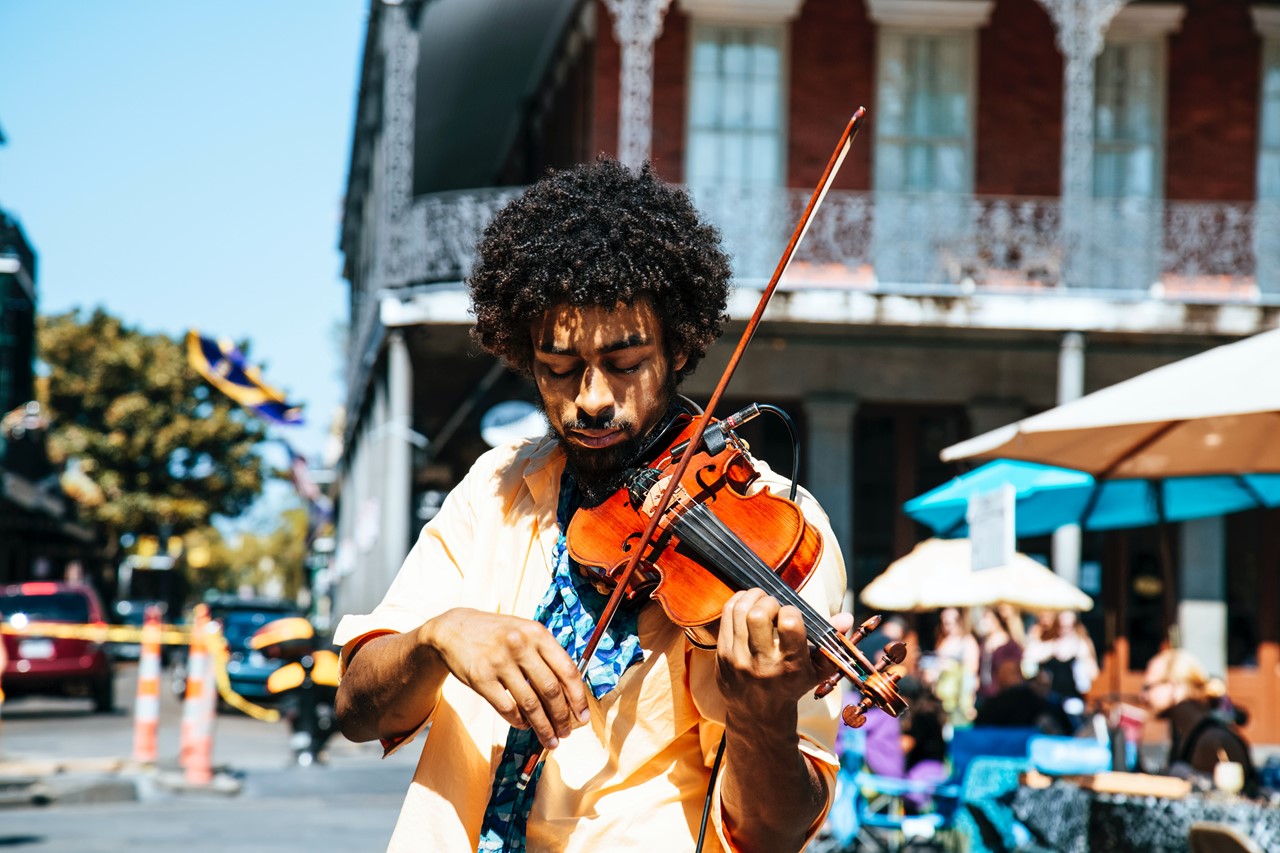Organization
CESAMMCultural Project
BelgiumStarted
09/2022Status
Completed
CESAMM wants to make a significant contribution to the accompaniment of musicians and social workers who use music as a means to bring together young and not so young participants from very different worlds to meet and get to know each other, thanks to practicing musical instruments or singing. The Centre will also accompany research which can help us to come to a better understanding of the role music may play in social and community work.
CESAMM stands for “Centre for Social Action and Music Making”

Photo via Shutterstock.
Interview with Lukas Pairon
(Chairholder of Academic Chair Jonet)
Participatory social music projects represent a field of social practice which is rapidly developing in many countries, and which often adopts this perspective by welcoming and embracing a diversity of participants, coming from very different economic, social and cultural backgrounds.
“Open sesame”
The field of social and community music programs that interests us here concerns practice which opens itself up to stories and music coming from worlds that can be very different and therefore allows us to discover treasures we did not imagine being surrounded with. It is therefore for sure a happy coincidence that at least the French pronunciation of CESAMM - the abbreviation of our training and research centre - reminds us of the magic phrase “Open sesame” in the story of ‘Ali Baba and the Forty Thieves’.
Music-making
I want to stress the fact that the practice in which the Academic Chair Jonet and its research and training centre CESAMM will be focussing on is the practice of music-making in the context of social and community work. Research made clear that only listening to music from other worlds does not necessarily bring you closer to these worlds. It was found that only listening to music makes one connect only superficially to different realities. When you are involved though in the practice of music-making, this needs a lot of work, concentration, and time, and this may allow you to come closer to certain other musical worlds, as well as to their cultural contexts.

Photo © William Recinos via Unsplash
Sympathetic vibrations
When musicians work they are looking for ways to come into a form of ‘harmony’, in ‘sympathetic vibrations’, ‘in sound’, ‘in tune’, and construct a situation in which they find themselves ‘in resonance’ with each other. It is a complex something to make happen, to get to.
The projects the Academic Chair Jonet and the research and training centre CESAMM is focussing on, are often examples of collaborative, plural, participatory codesign, and it, therefore, makes sense to look at what we can learn from such music-making practices.
I am one of those who dream of a world that can be composed of a multiversity of worlds, a world lacking uniformity. And if this is the type of world we want to get to, we need bridge-builders who are talented, experienced, and capable to weave relations between people of different classes, gender, race, and culture.

Photo via Shutterstock.
CESAMM’s objective
A growing need exists for research into the role that music can play in social practice, as well as for quality training and accompaniment for cultural workers and musicians who want to use their artistic competencies to support a more inclusive and socially just society.
The Academic Chair Jonet and its Centre for Social Action & Music-Making (CESAMM) plan to offer both training for as well as research on socially oriented music practices involving different departments of the Ghent University and the Ghent University of Applied Sciences and Arts.
This strong link between research and practice will be an important spearhead in the functioning of the Chair and its Centre.
We focus on investigating and developing the empowering nature of music to generate social impact, and thereby contribute to building a society that values and fosters diversity and inclusiveness.
Because we are bringing together both research on practice as well as training for practice, I believe that what we inaugurate here today is for different reasons a pioneering initiative worldwide.